

The sea caresses the beaches like a supernaturally attentive lover. The sky is powder-blue, the sea a living mirror and, emerging from it, verdant isle after verdant isle. It's all so perfect it seems a shame to pull the trigger and bring a heaving bag of violence to this unearthly paradise. It's clear that we're in that stage of the gaming hardware cycle where the PC takes a lead over static platforms. While Deus Ex: Invisible War was hamstrung by a somewhat dour graphical aesthetic and a simultaneous Xbox release, Far Cry is simply an exercise in what consumer-level graphics can do with the right coding behind it.
Levels are of unprecedented size for a game with these visuals, and swap without effort between outdoor areas and internal tunnels. Far Cry is also a posterchild for how the graphics/gameplay dichotomy was always false. In games, technology begets experience. While other titles have created levels of this size - Project IGI comes to mind - only now with the ability to graphically portray dense undergrowth could you create a game that presents this experience. In its outdoor environments it apes Halo's freedom to approach any given encounter in your own manner, and then increases it - the environments are so open and free that an individual's approaches will be as distinct as the individual themselves.
The only boundaries are the cliffs and, if you wander too far from the level, the threat of being hunted down by helicopter gunships. It's a far more elegant solution than a simple invisible wall could ever be.
These environments wouldn't be worth anything if Far Cry hadn't created some equally sophisticated denizens to inhabit them. Since in an open environment a designer is incapable of dictating which way the opposition will approach (using a brute-force scripting method to create the challenge), they instead rely on AI that is bright and reactive enough to respond to a player's gambits. While occasionally it misfires - normally in a heavy-weapon trooper's over-optimistic belief it can hit something but instead impacting on an intervening object - it's mostly hugely successful. The opposition will, if alerted, stalk you, obey orders from their commanders and even call in reinforcements via helicopter on some levels. Even idle animations rise above the norm. If you find a suitable high point to observe a base you'll see that, as well as the expected patrol routes, guards amuse themselves smoking, performing tasks and even fishing.
However, upon your first shot, they'll find defensive positions and never return to a casual state. Add a suitable selection of vehicles to explore this terrain and you have something that genuinely is a state-of-the-art first-person shooter. Wherever Crytek chose to innovate, it was hugely successful. However, the problem is that it wasn't happy creating something new, but insisted on having a go at something old, too.
The theory goes that a first-person shooter isn't really a first-person shooter unless it includes monsters out of control, indoor tunnel sections and lots of grey. While far from disastrous, whenever you leave the outside world and enter a catacomb the change in tone - from freedom to linear, from player expression to designer-led challenges - is immediate and somewhat profound.
Having played through horror sections with monsters leaping out when you least expect it in every non-WWII shooter of the last five years, it can be tiresome to go through it again. That said, even here the action occasionally shines, and certain mutants that are capable of bounding from level to level with both speed and precision are highly memorable. It's also telling that the most successful horror levels are the ones that take place in the great outdoors, recalling 'Jurassic Park' and 'Predator' rather than the traditional 'Aliens' and 'The Thing'. It's sad that Crytek was able to see a future for the genre away from second guessing what Valve is aiming at with Half-life 2 but was incapable of totally relinquishing this.
Only that, and the occasional use of instant death, hold Far Cry back from being a true classic of its type. For a new developer to arrive with a game that excels in as many categories as Far Cry is a rare thing indeed. This is a uniquely beguiling game, and frequently beautiful in every sense.
Far Cry is released for PC on 26 March


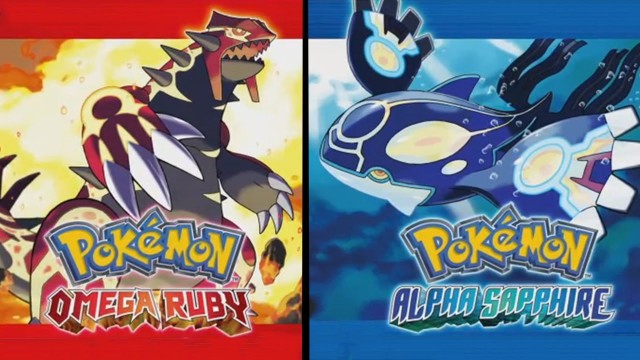

 Review: Logitech G910 Orion Spark Mechanical Keyboard Review
Review: Logitech G910 Orion Spark Mechanical Keyboard Review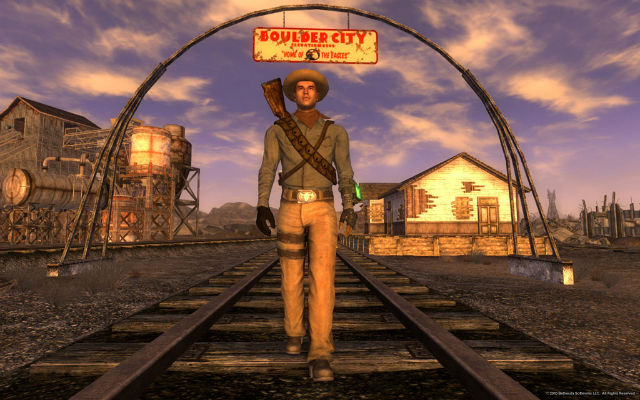 3 Games That, Sadly, Weren't At E3 2014
3 Games That, Sadly, Weren't At E3 2014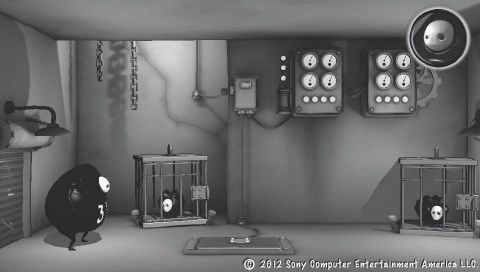 PS Vita Trophy Guide: How To Unlock The Hardest Trophies
PS Vita Trophy Guide: How To Unlock The Hardest Trophies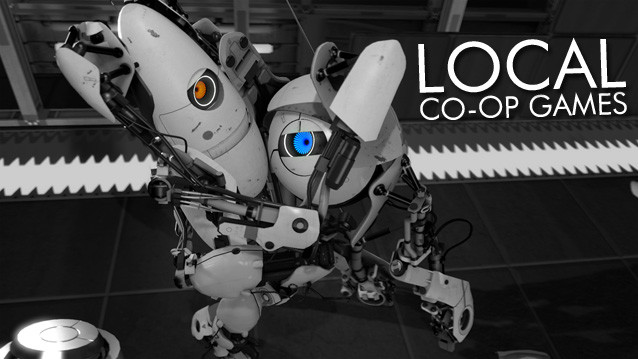 Best Local Co-op Games for Xbox 360, PS3 & PC
Best Local Co-op Games for Xbox 360, PS3 & PC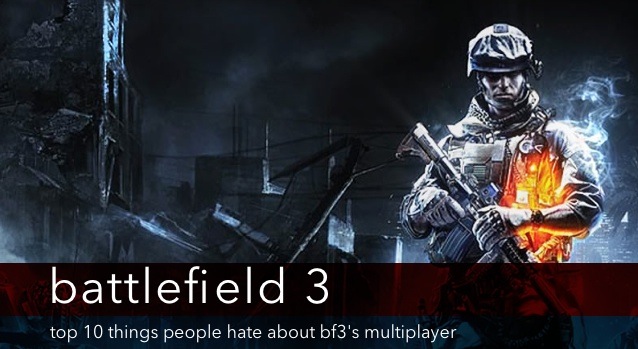 Battlefield 3: Top 10 Things People Hate About BF3s Multiplayer
Battlefield 3: Top 10 Things People Hate About BF3s Multiplayer